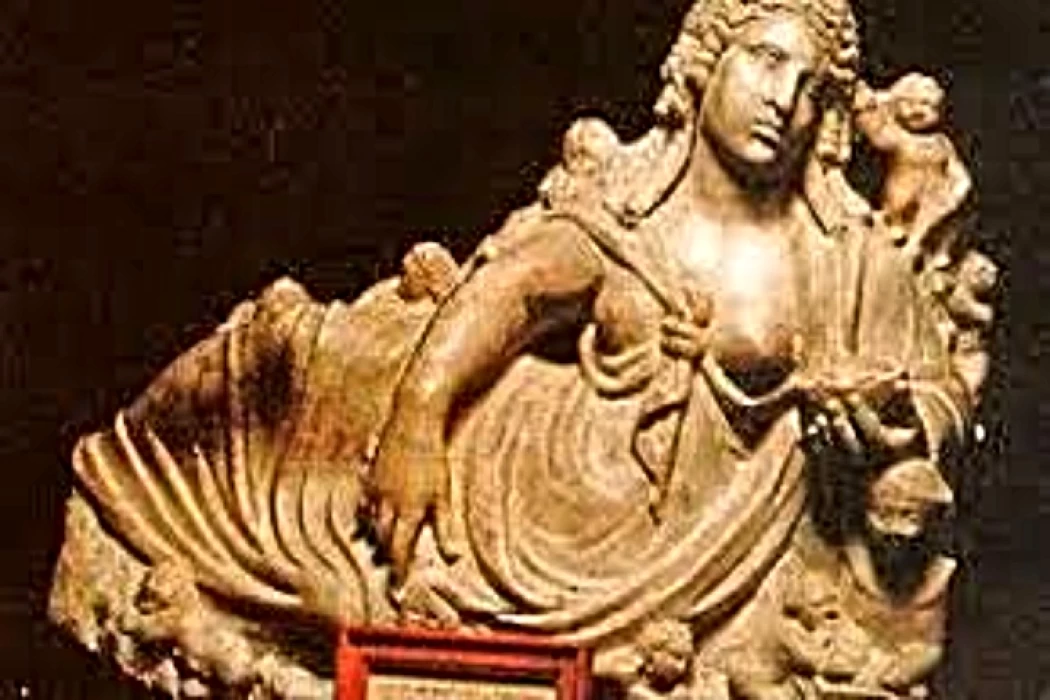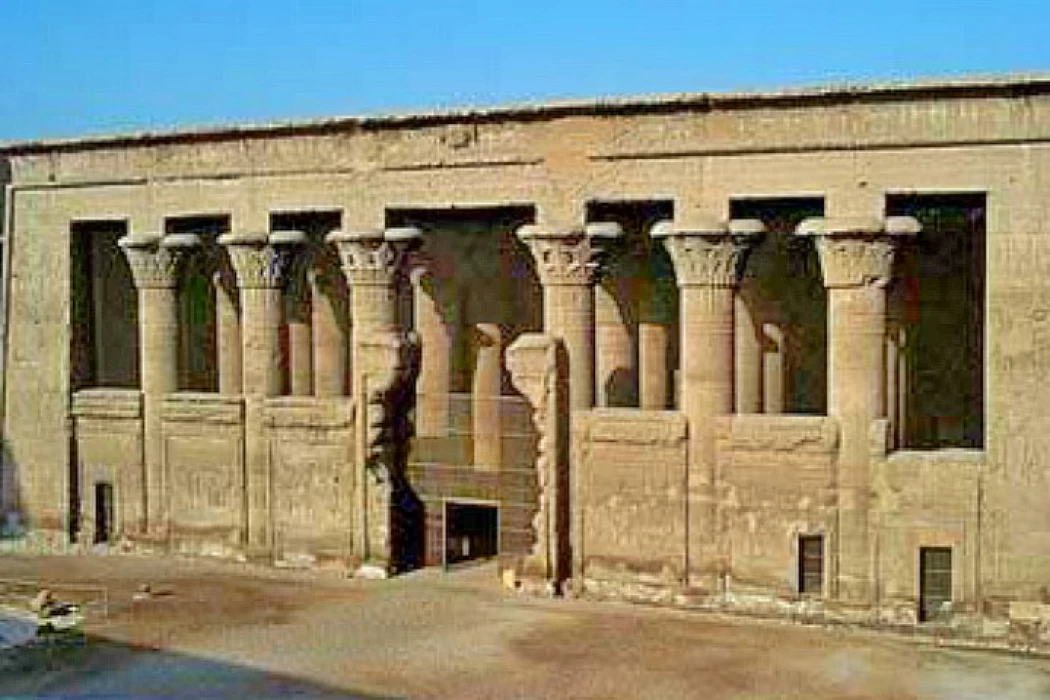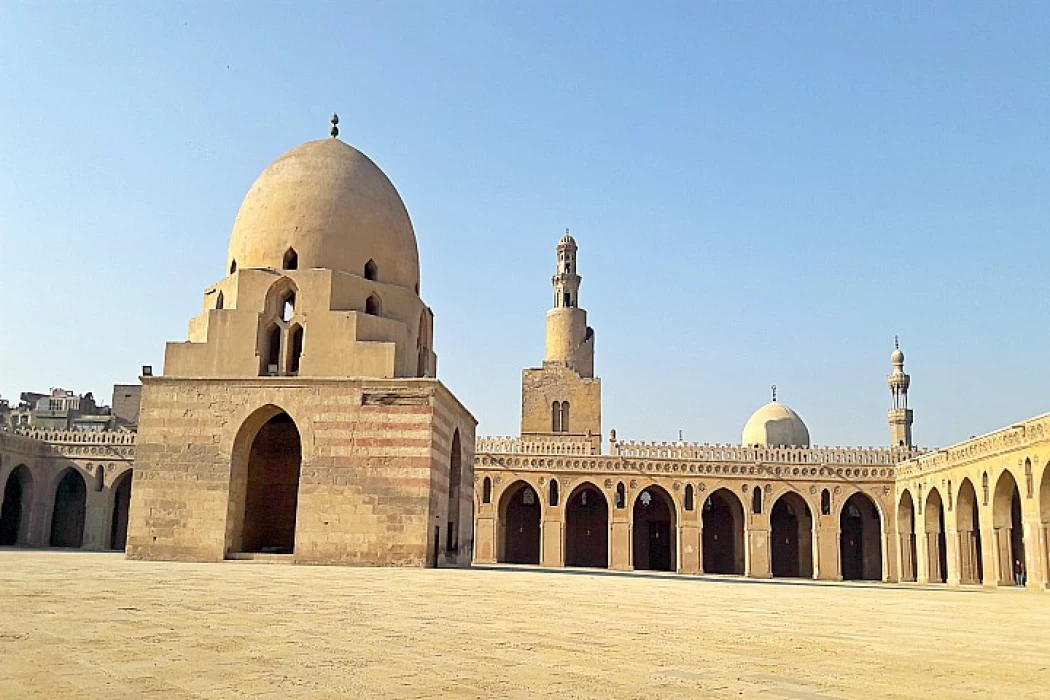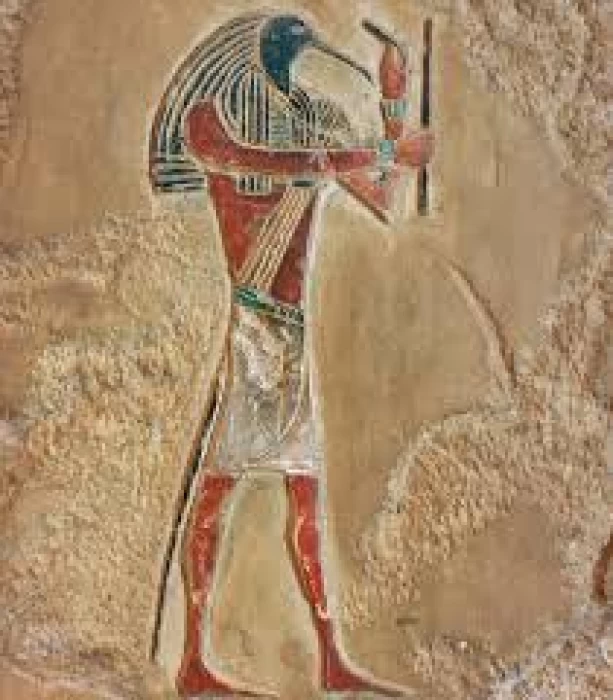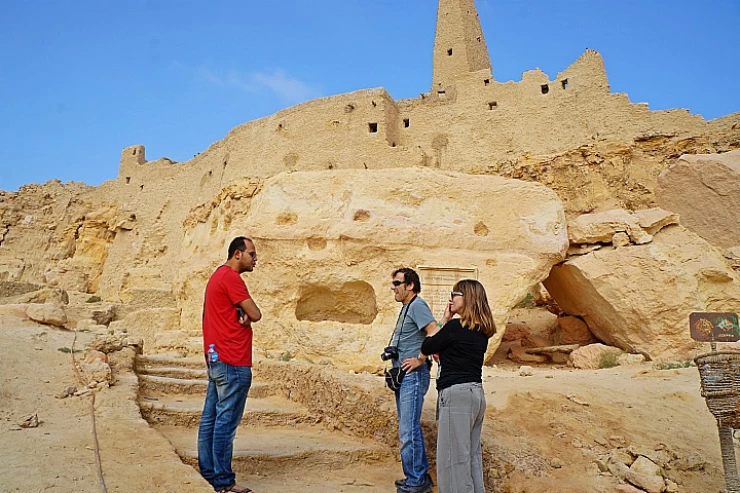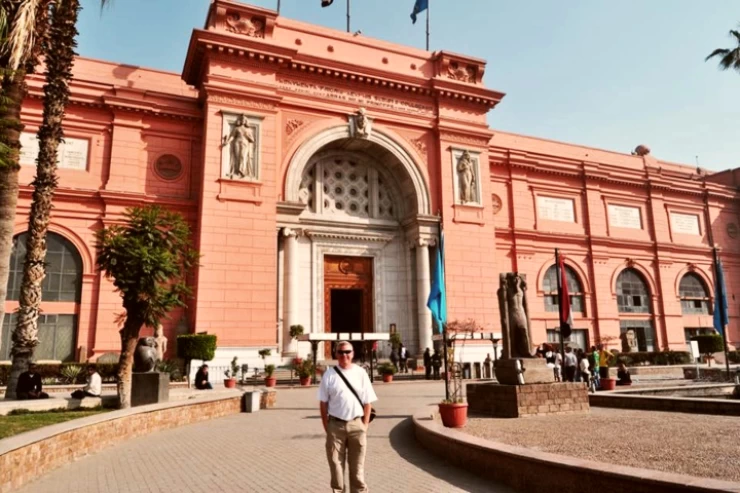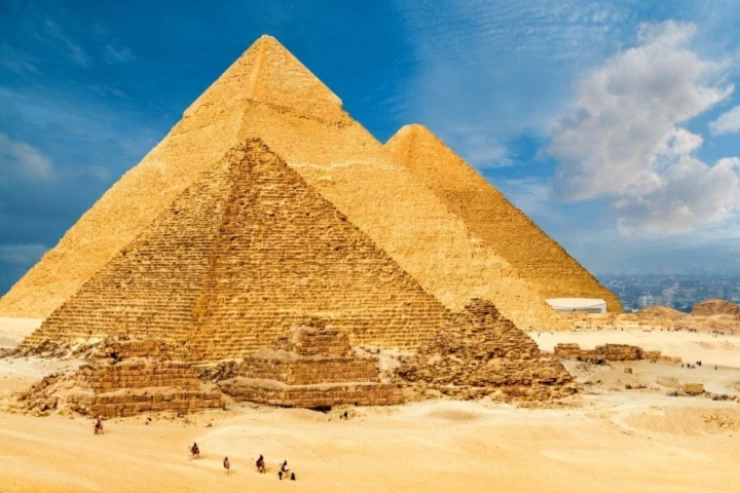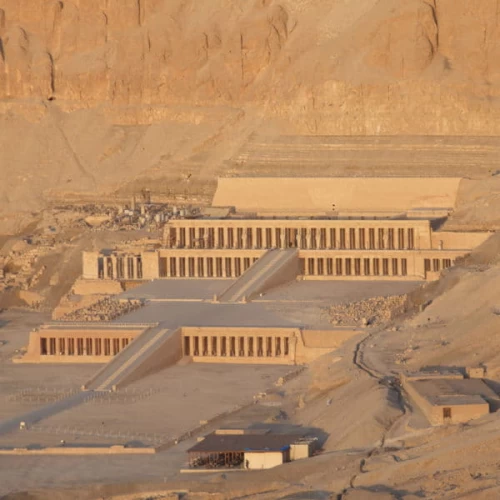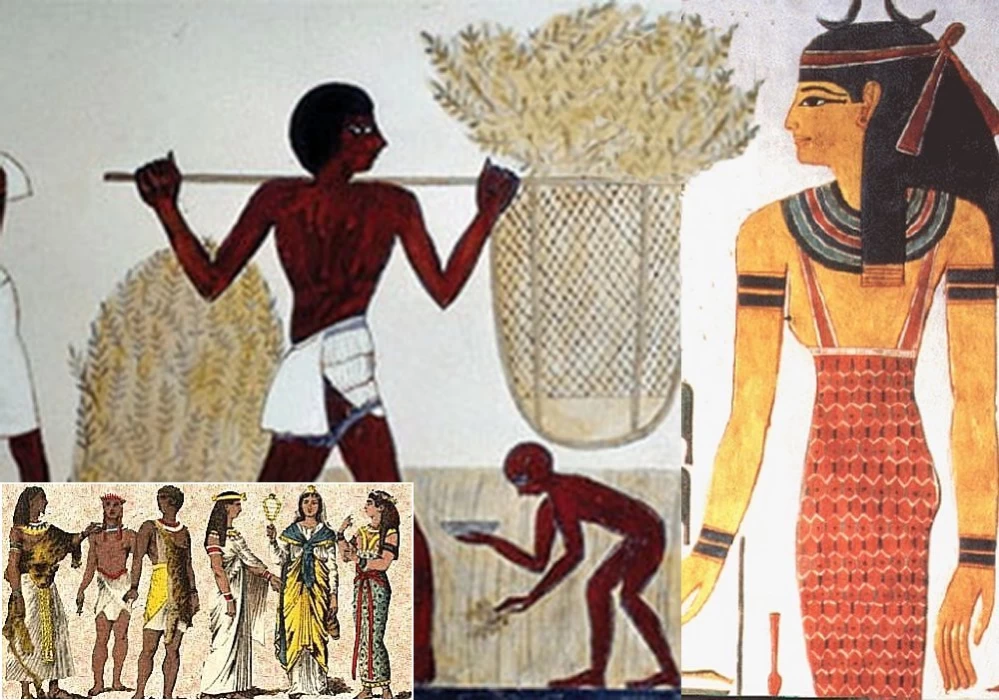
Costumes of Egypt
Customs
The meaning of custom is that it is a human activity or tradition that derives from a certain belief of a society, and customs and traditions are inherited as money and land are inherited, and customs enter all areas of life, such as art and social relations. As customs and traditions also enter daily conversations, there are many phrases that you find yourself saying and do not know where they came from, but they acquired them in this way, so every country has customs and traditions that it has acquired since ancient times and also the Middle Ages.
How were the customs carried over?
It was carried by many things, including monuments, history, some phrases, and transmission from one generation to the next, but it depends on the extent of acceptance of this custom about the religious beliefs, life, and values that you grew up with.
Psychologically, a custom consists of three things: your knowledge of the thing to be done, the presence of an incentive to do this thing, and finally, the ability to do this thing. For example, if you hear a certain sentence and find acceptance for this sentence and then say it more than once, this sentence will become a daily habit, and then the habit will spread among all Egyptians.
Traditions and customs are behavior patterns just for a group of people, acquired through some oral words from the previous group in the form of tradition or celebration of a festival of some sort, and certain customs in a certain society may become a part of formal law or influence the constitution, as which side of the street vehicles should be driven on, so the direct difference lies between customs and traditions: the former arises from imitation done by one generation towards the previous generation through various fields and very strictly, whilst customs do not have to be that way. Customs and traditions perform a social function by strengthening social ties and unity bonds, bringing back events, holidays, or folklore. If they are, the customs are usually harmful to society, such as in the case of female infanticide or going to fortune tellers or astrologers.
One of the most prominent social customs in Egypt is the spirit of family unity, where the family holds a sacred place where family members gather on various occasions like holidays and weddings, where gifts are exchanged and meals are eaten together. Social courtesies are also an integral part of daily life, as greetings and visits are exchanged between neighbours and friends.
Egypt is known for its ancient traditions and unique customs that reflect its deep history and the influence of successive civilizations. Egyptian society adheres to many customs that range from social events to religious celebrations and daily behaviours.
Marriage in Egypt is characterized by special customs that include the engagement period, the presentation of the net, and weddings that vary between rural and urban areas, so weddings are often filled with traditional dance and music, as well as traditional rituals like henna before the wedding party.
customs from the Pharaohs
Pure Incense is an establishment tracing its lineage to the incense wooden sticks so beloved by the ancient Egyptians. The pharaohs employed incense in their religious rituals to purify the ambiance and elevate morale. On the walls of Egyptian temples are illustrated the rituals surrounding incense burning, for it was therein the sacred space to interact with the gods and incense—the most cherished offering to the goddesses—burning acts. This has remained to this day, where incense, especially on Fridays, is burning to perfume the air and protect from envy. The six-month expedition of Queen Hatshepsut to Puntland to bring back the incense trees indicates just how sacred this substance was to the Pharaohs.
For example, the custom of the seventh day after the birth of a child is an authentic Egyptian custom, and the word came from the word Sabbouh, which means a week in English. He specialized in the seventh day because this day is when the sense of hearing is complete, which indicates the progress in which the ancient Egyptians lived, and this celebration was for the newborn to hear the celebration of his arrival in the world and was passed down until it became a basic Egyptian custom in every Egyptian home.
The Egyptians also have customs in celebration of joys, and they also have customs in mourning, as they perform a funeral ceremony after forty days, whether in a church or a mosque, and this custom was taken from the ancient Egyptians who performed the mummification process after forty days and then held a funeral ceremony for him.
The custom of breaking the clay pot was a custom among the Egyptians, where they used to break all the clay pots of the deceased so that his soul would not return to life again until this custom became present in our time, but it refers to negative people as they break the clay pot to remove the negative energy that was in the place.
As it is known that envy is a custom among the Egyptians, they considered that the Eye of Horus is one of the things that prevents envy. Horus, the ancient Egyptian god, was one of the most important kings, as they used the eye of Horus on the chest of the dead to prevent him from negative energy during his transition to the other world, and at present, the eye of Horus has become one of the most famous necklaces that Egyptians use to prevent envy and negative energy, and there is also a famous eye, the blue eye or what is called the blue bead, which is also used to prevent envy.
Among the wonderful customs in Egypt is the custom of celebrating Sham El-Nessim, which is one of the most famous holidays that we took from the ancient Egyptians, and it is a holiday to celebrate the arrival of spring, and this holiday is characterized by eating some foods like colourful eggs and salted fish, and these are two Egyptian foods, as salted fish were present among the Egyptians as a result of the abundant fish due to the floodwaters.
One of the most famous authentic Egyptian dishes is its cultivation on the banks of the Nile, belonging to the era of the pharaohs, as indicated by ancient papyri, and some accounts indicate that the pharaohs considered it a poisonous plant, while others believe that they used it in their food.
According to some reports, the name “molokia” is from the Fatimid al-Moez's recovery from colic after eating it, so it was limited to the kings and princes of Egypt. Over time, its name changed from “molokia” to “molokhia” to become one of the most famous Egyptian popular dishes that are now served on the tables of Egyptians.
Latest Articles
Admin
The Graeco-Roman Museum
The Greco-Roman Museum of Alexandria is Egypt's most important archaeological museum, displaying a wide and impressive array of antiquities of the Roman and Greek periods, a testament to Alexandria as a hub of culture and civilization in the ancient world.
Admin
Temple of Khnum
The Temple of Khnum in Esna is a great religious monument that stands as a living record of the excellence of Egyptian artists and priests during the Ptolemaic and Roman eras and should attract every lover of Egyptian history and civilization.
Admin
Beni Hassan Tombs
The tombs of Beni Hassan are among the most prominent evidence of the greatness of ancient Egyptian civilization, as they reflect the Egyptians' mastery of architecture and sculpture, as well as the minute details documenting aspects of their daily life and religious beliefs. These tombs, which date back to the Middle Kingdom, are not just burial sites but archaeological treasures that reveal the nature of Egyptian society at the time as well as its political and economic relations.
Admin
Wadi El Rayan
Wadi El-Rayan is one of the most important natural tourist attractions in Egypt, especially in Fayoum, where there are many wonderful places such as waterfalls and springs for medical tourism, as well as mountains for safari and camping.
Admin
Muslim Conquest in Egypt
Egypt became part of the Islamic world and played a pivotal role in Islamic and Arab history. The conquest had a different aspect than many conquests, as it was characterized by organization and negotiation, as well as military power.
Admin
God Thoth
Thoth served as the spiritual representation in Egyptian mythology whose divine nature embodied reason as well as justice and eternal wisdom. The legacy from Thoth spread throughout thinking, religion and science, thus preserving his name in Egyptian and Greek philosophical works.
